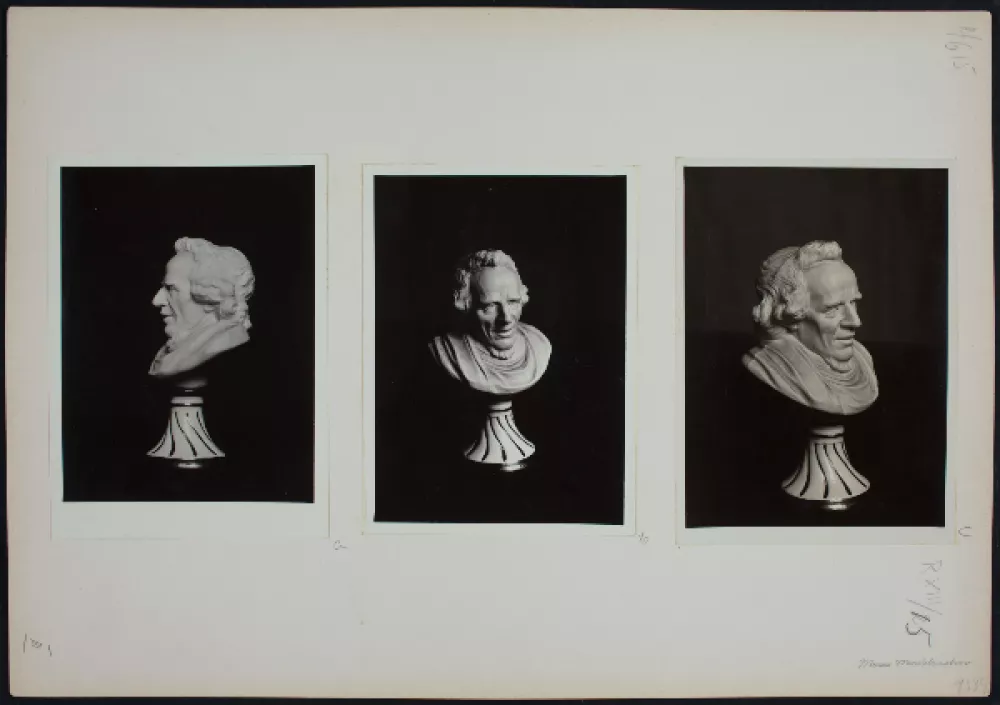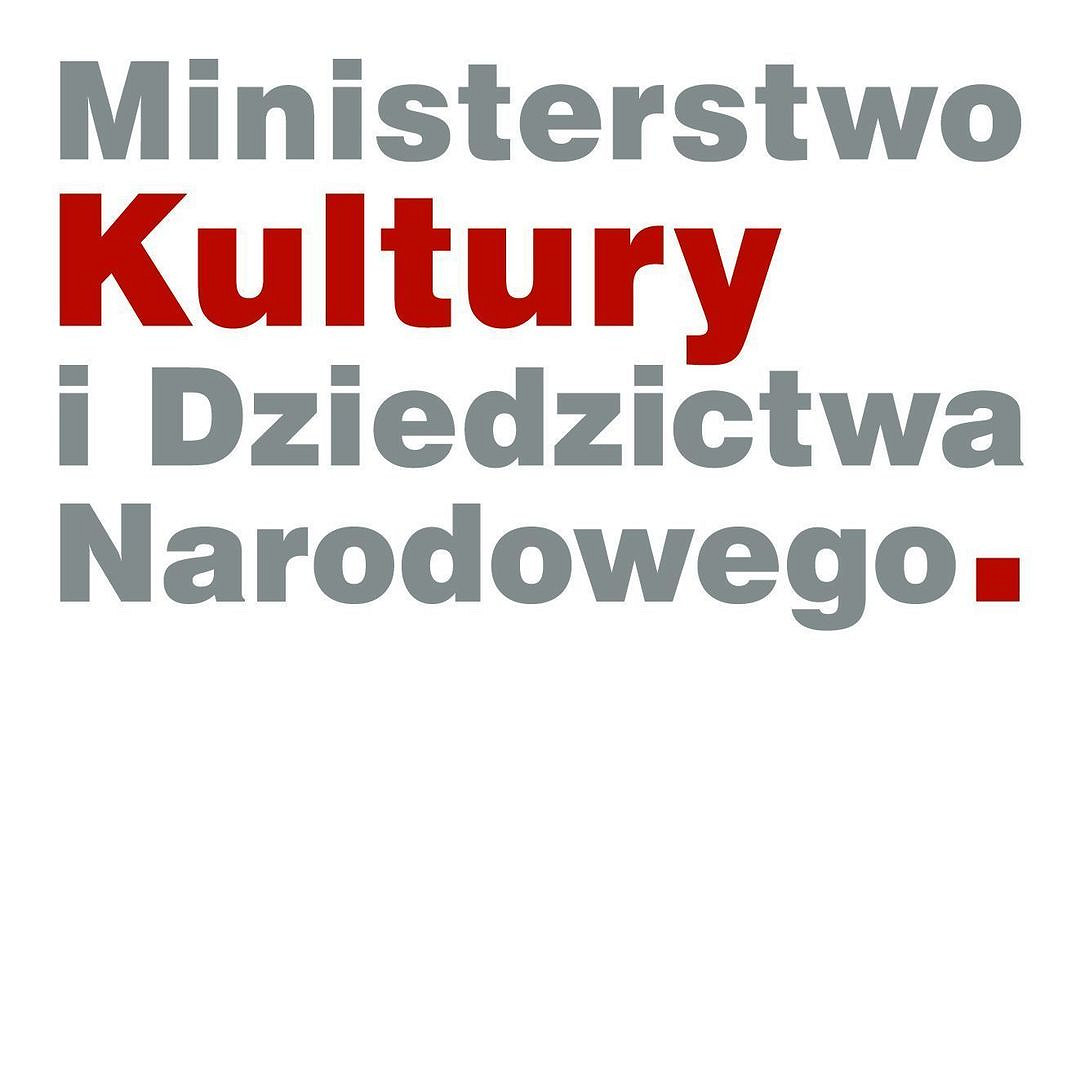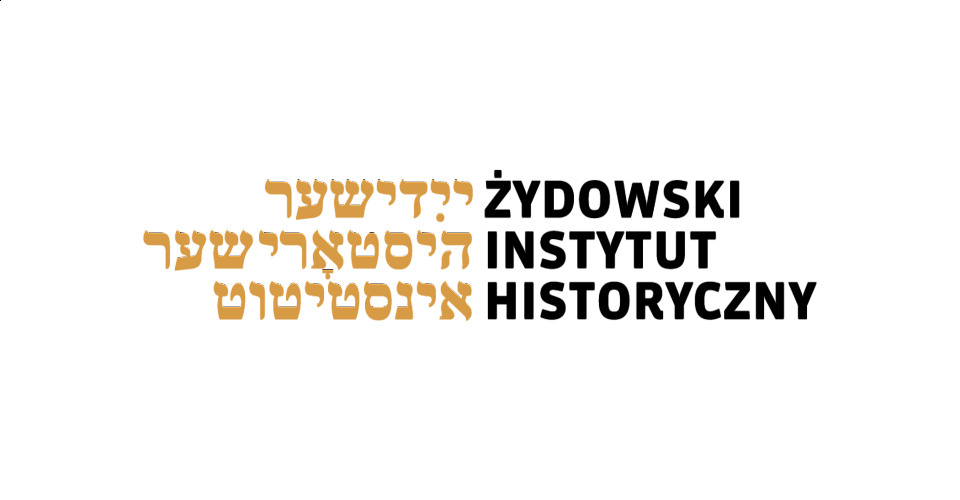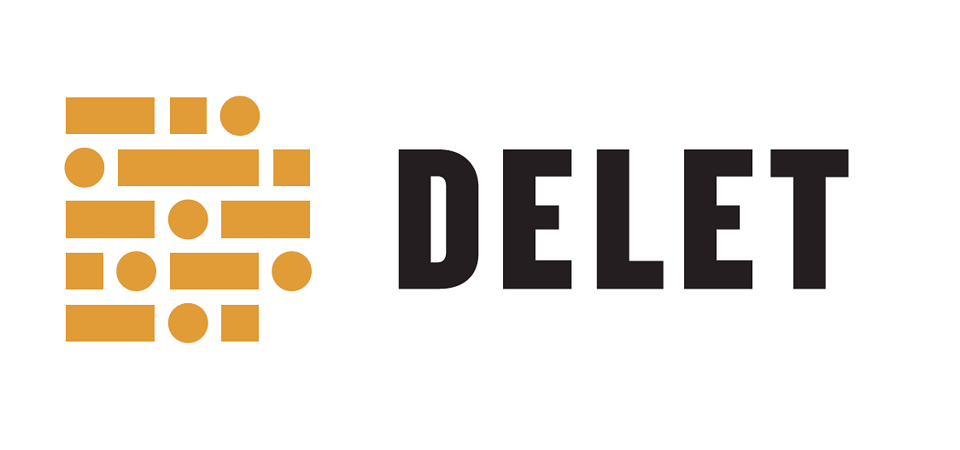Delet II Project – the “Berlinka” Collection
The Association of the Jewish Historical Institute in Poland, working in cooperation with the Emanuel Ringelblum Jewish Historical Institute, has received a subsidy for the development of the Delet II project from the Ministry of Culture and National Heritage. The subsidy, granted as part of the programme Digital Culture 2019, will serve to fund the digitalisation of the so-called “Berlinka” collection.

“Berlinka” is the common name referring to the iconography archives of the pre-war Jewish Museum in Berlin. 3,000 items from the collection will be digitalised and made available on the Central Jewish Library and Delet websites.
The immaculately preserved collection was handed over to the JHI in 1951 and constitutes one of the most interesting and valuable collections owned by the Association of the JHI and the Institute. Several dozen cardboard storage boxes contain a true treasure – boards holding reproductions, photographs, and original artworks. Each board also features a short description.
The DELET II project will make it possible to re-discover the lost artistic life of the pre-war Jewish community.
Even though the Jewish Museum in Berlin was short-lived, its operation constituted an important stage in the development of Jewish culture. Its history unravelled as follows: on 24 January 1933, a new museum is opened at 31 Oranienburger Straße in Berlin; it exhibits the collection of artworks and miscellaneous items owned by the local Jewish community. The Jewish Museum in Berlin was the first institution in the world to not only collect items connected to Jewish history but also showcase pieces created by contemporary Jewish artists. Over the mere five years of its operation and in spite of the gradual exclusion of Jews from German culture by the ruling National Socialist Party, the museum managed to preserve its status of an important meeting site of the Jewish community. On 1 November 1938, the authorities of the Third Reich issued a decision to shut down the institution. Some of the items from its collection were returned to the original owners, others were handed over to other cultural institutions. Many artworks have been lost forever. Among the pieces which have permanently disappeared is the painting Refugees or Golus by Samuel Hirszenberg.
During World War II, the “Berlinka” collection was stored in a German warehouse in Silesia. After the war, Silesia was incorporated into Poland, and the Polish government converted the former German warehouse into the Central Museum Storage of the Ministry of Culture and Sport. In 1951, “Berlinka” was officially handed over to the Museum of the Jewish Historical Institute operating under the auspices of the Association – at the time, it was the only Jewish institution in Poland to run its own museum and collect the surviving post-Holocaust remains of the material heritage of Polish Jews.
The boards forming part of “Berlinka” will be made available in high quality on the Delet website and in the Central Jewish Library. The collection will be accompanied by educational materials and virtual curator’s tours. A series of workshops for researchers, educators, school pupils, and students will be organised as part of the project. We are also planning to further develop the Delet mobile app. Our users will gain access to all data collected on the Delet portal and additional tools will be introduced to make the app more efficient.
Delet is a portal displaying the most valuable items from the collection of the Association of the JHI and the JHI. Its mission is to reach all people interested in Jewish history and culture. It allows its visitors to not only view artworks and items from the Oneg Shabbat collection but also to access lessons, workshops, and virtual guided tours of exhibitions, all of which have been developed by expert researchers and educators.
The project is carried out thanks to the funds provided by the Minister of Culture and National Heritage as part of the Digital Culture programme.








